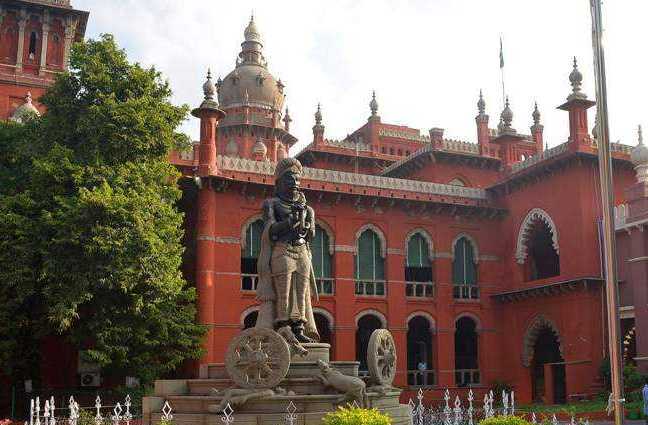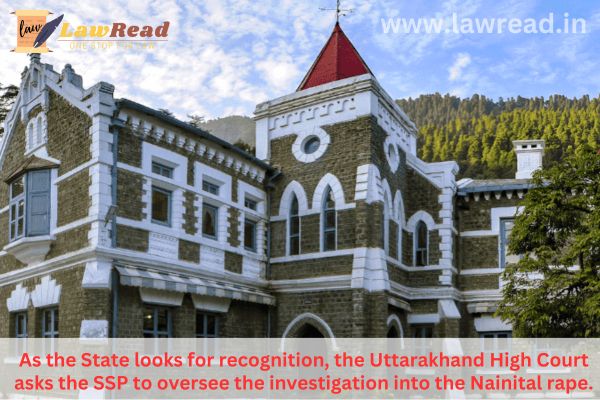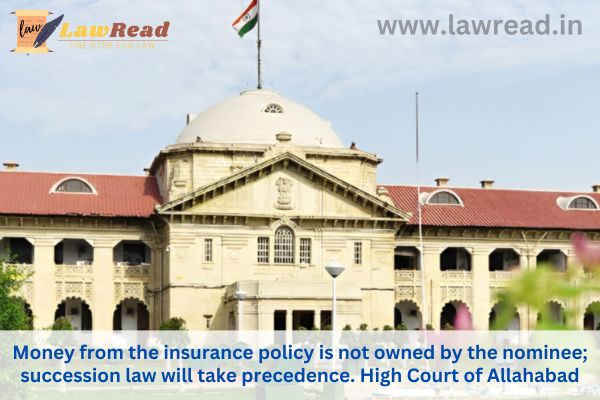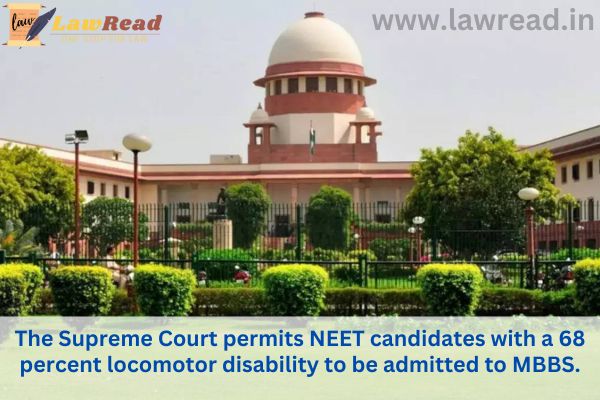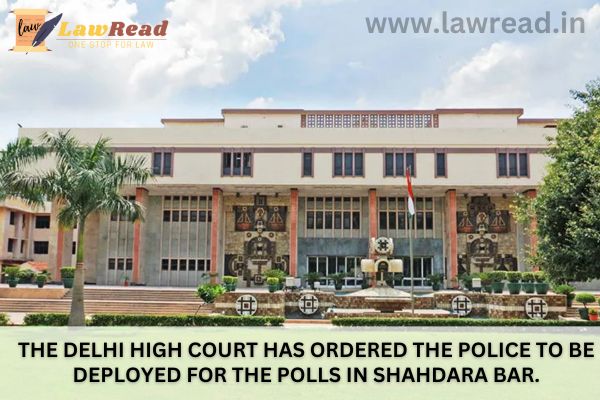News
A law that permits power companies to fine customers for excessive use is overturned by the Calcutta High Court.
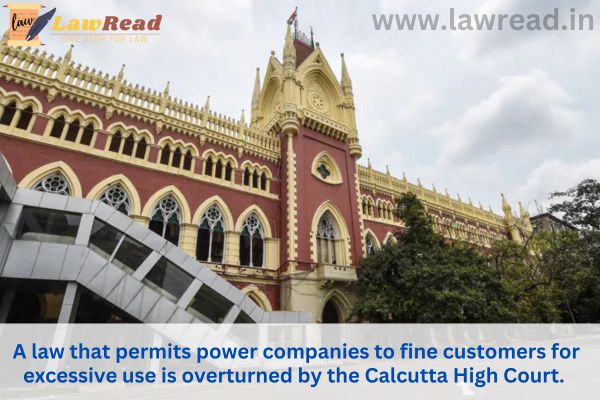
According to the High Court, the law is arbitrary and unconstitutional as the electricity providers have been granted the authority to determine the restrictions.
A West Bengal rule that empowered electricity companies to punish customers for exceeding the allowed power usage limit was recently overturned by the Calcutta High Court [Metsil Exports Private Limited and Others v West Bengal Electricity Regulatory Commission and Others].
Regulation 4.4 of the West Bengal Electricity Regulatory Commission (Terms and Conditions of Tariff) Regulations, 2011 is arbitrary, goes against natural justice principles, and violates the Indian Constitution, according to Justice Sabyasachi Bhattacharya.
The Court observed that under the aforementioned clause, the licensee may set its own tariff by charging twice as much for electricity due to its own incorrect imposition of drawal limitations, without providing a reasonable notice or citing any justification at all.
Since there is nothing in the provision to stop the licensee [electricity distributing companies] from imposing such drawal limits arbitrary and at the drop of a hat, even without any justification or reason whatsoever, in the absence of any guidelines or framework for working the same, the Court ruled that Regulation 4.4 is an implicit abuse of the Constitutional principle of equality and non-discrimination due to the very arbitrariness involved.
According to Regulation 4.4, a customer will be charged twice the regular cost for any additional power used during a 15-minute period if their consumption exceeds the limited limit established by the electricity provider.
The West Bengal Electricity Regulatory Commission's (WBERC) claim that the rule is intended to shield the electrical grid from strain and instability was dismissed by the Bench.
Justice Bhattacharya pointed out that the clause only serves as a financial deterrent and leaves it up to the licensee's discretion rather than completely banning excessive drawal.
Therefore, in a certain situation, a customer has the right to draw more electricity than they need, which could endanger the power grid or cause it to go down completely, but they can be absolved of this guilt by simply paying more. There is nothing in Regulation 4.4 to stop the consumer from doing so if the grid's stability is compromised during this procedure, or even if the entire grid supply fails and impacts all of the consumers it serves.
Importantly, the Court stated that its decision will be effective going forward and will not impact any bills that were raised for any billing period prior to the order's issuance.
After a business called Metsil Exports Private Limited contested the rule and the fee levied by the Damodar Valley Corporation (DVC) for drawing more power than the DVC-imposed restricted drawal limit for a specific time period, the High Court rendered its decision on May 2.
In some areas of Jharkhand and West Bengal, the DVC, a WBERC licensee, supplies energy.
It was contended that the licensee has been granted "unfettered" and "uncanalized" authority to set restricted drawal limitations at its whim under the pretense of Regulation 4.4.
According to Metsil, the regulations don't contain any instructions for using this kind of discretion.
The statute was overturned by the High Court after hearing the issue, however it stated that the WBERC may create new, suitable restrictions to reduce excessive drawals that could endanger the stability of the grid.
Nonetheless, it listed a number of requirements that must be met. This includes the requirement that the licensee notify the customer at least 24 hours in advance of any limitation on drawal.
"Specific standards proportionate to any harm made to the grid must regulate the tariff to be imposed. These guidelines must be based on scientific principles and may be evaluated later before the application of such an excessive penalty. The Court further stated that the licensee must grant the concerned consumer a right of hearing while making such an assessment.
Additionally, it stated that WBERC may consider creating a distinct panel of experts for grid management or developing rules that include a cut-off point beyond which no customer will be permitted to use electricity.
But, at any given time over the duration of a contract, the licensee will have the legal responsibility to supply the contracted demand to the consumer, if necessary, by obtaining electricity from other sources inside the grid. In order to fix contracted demand with consumers, the licensee must evaluate the grid's dimensions and capacity prior to entering into any power supply agreements, according to the Bench.
The petitioners were represented by attorneys Tanoy Chakraborty, Siddharth Shroff, and Surajit Nath Mitra.
The WBERC was represented by Senior Advocate Pratik Dhar and Advocate Ritwik Pattanayak.
Advocates Abhrotosh Majumdar, Prasun Mukherjee, and Deepak Agarwal represented the DVC.

